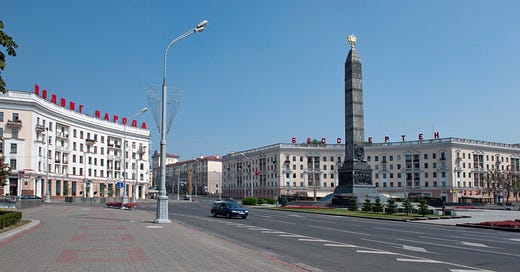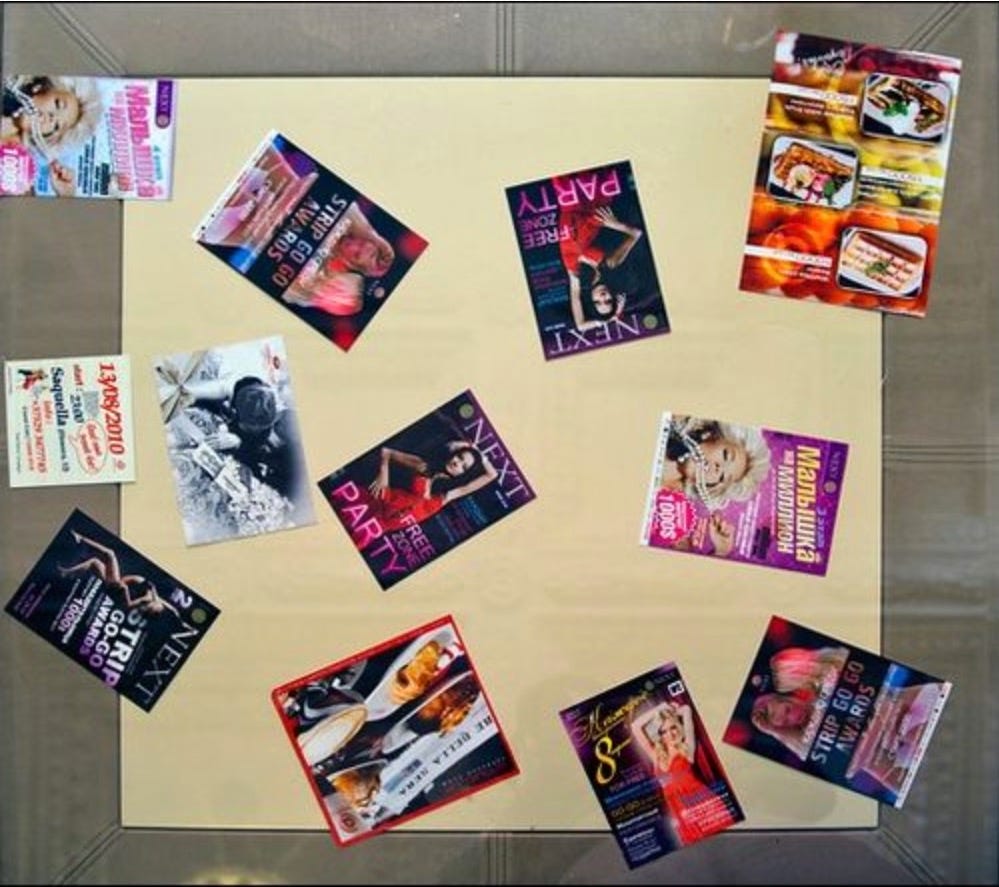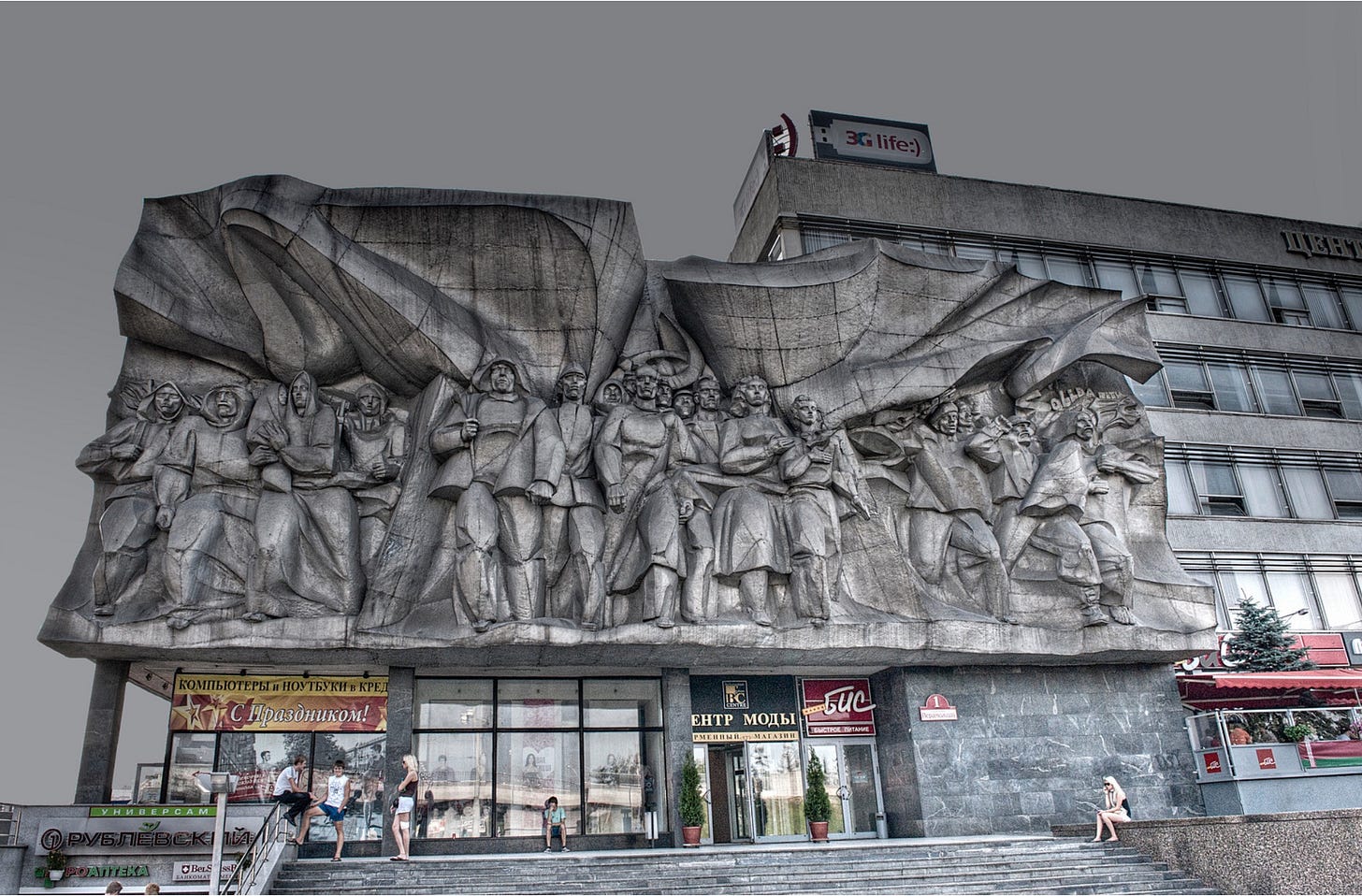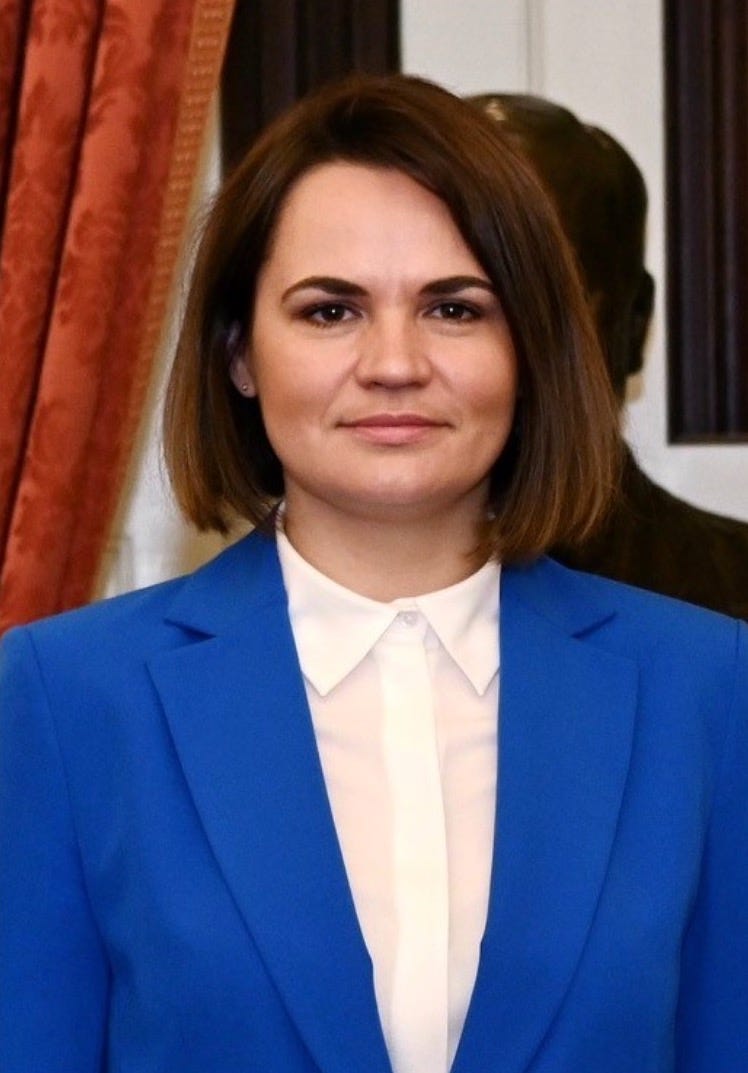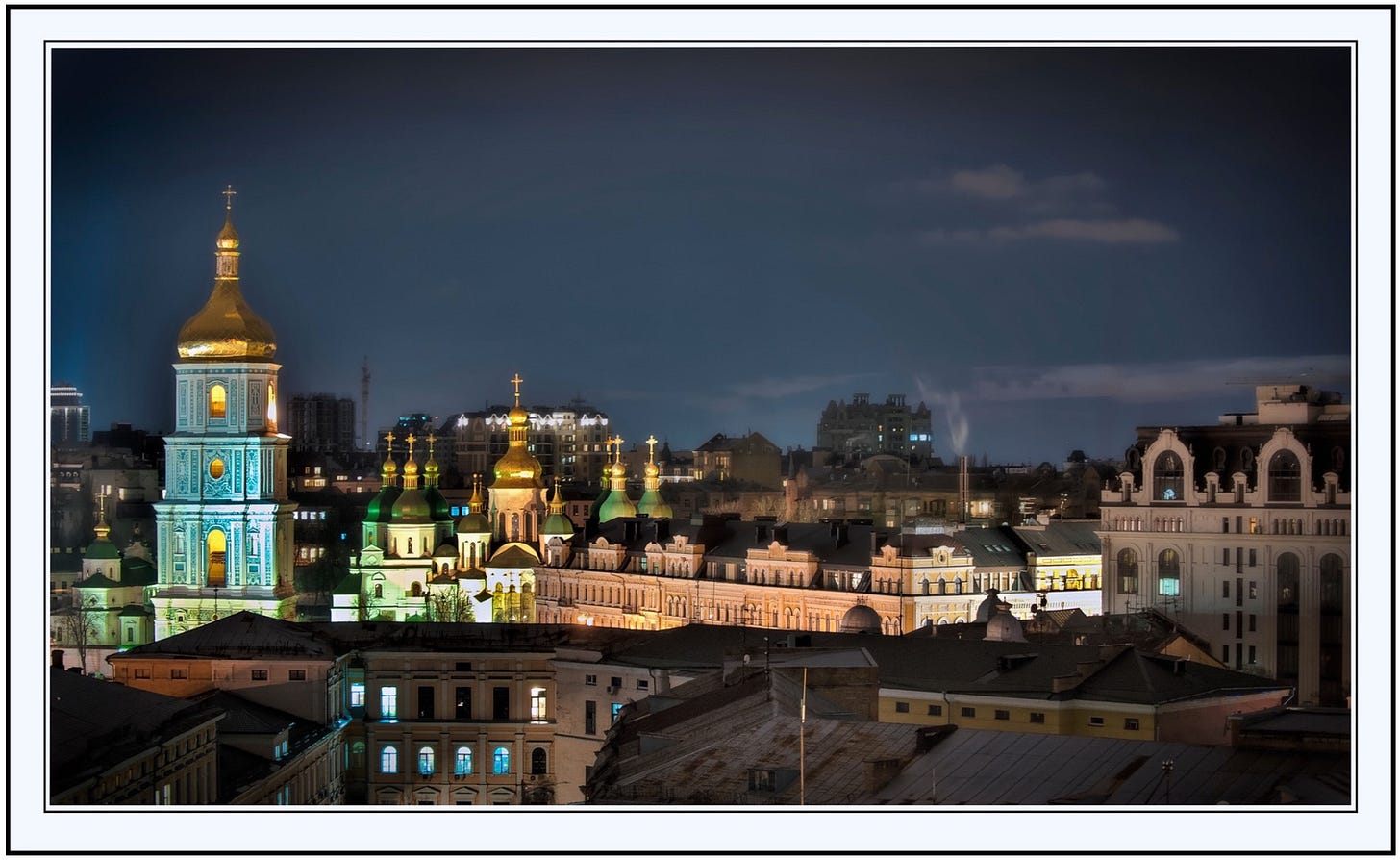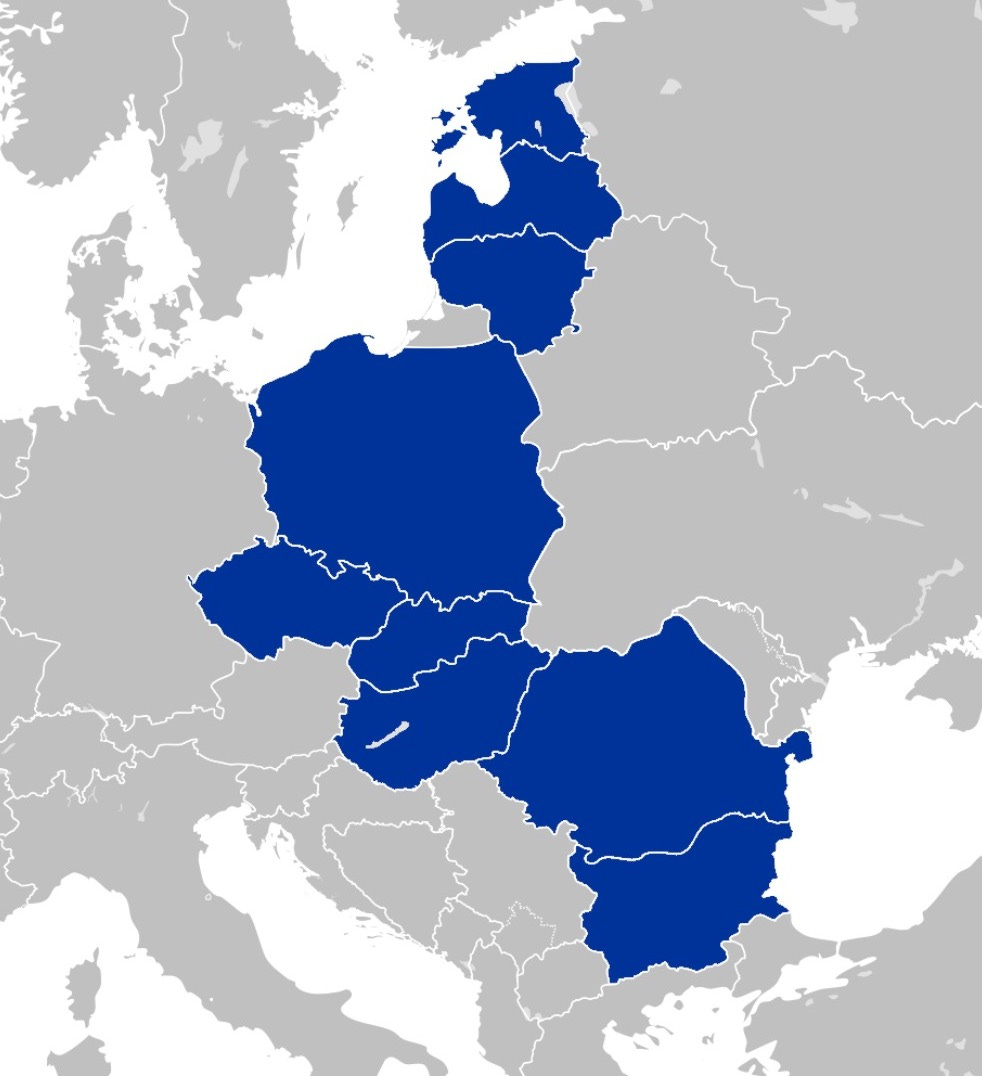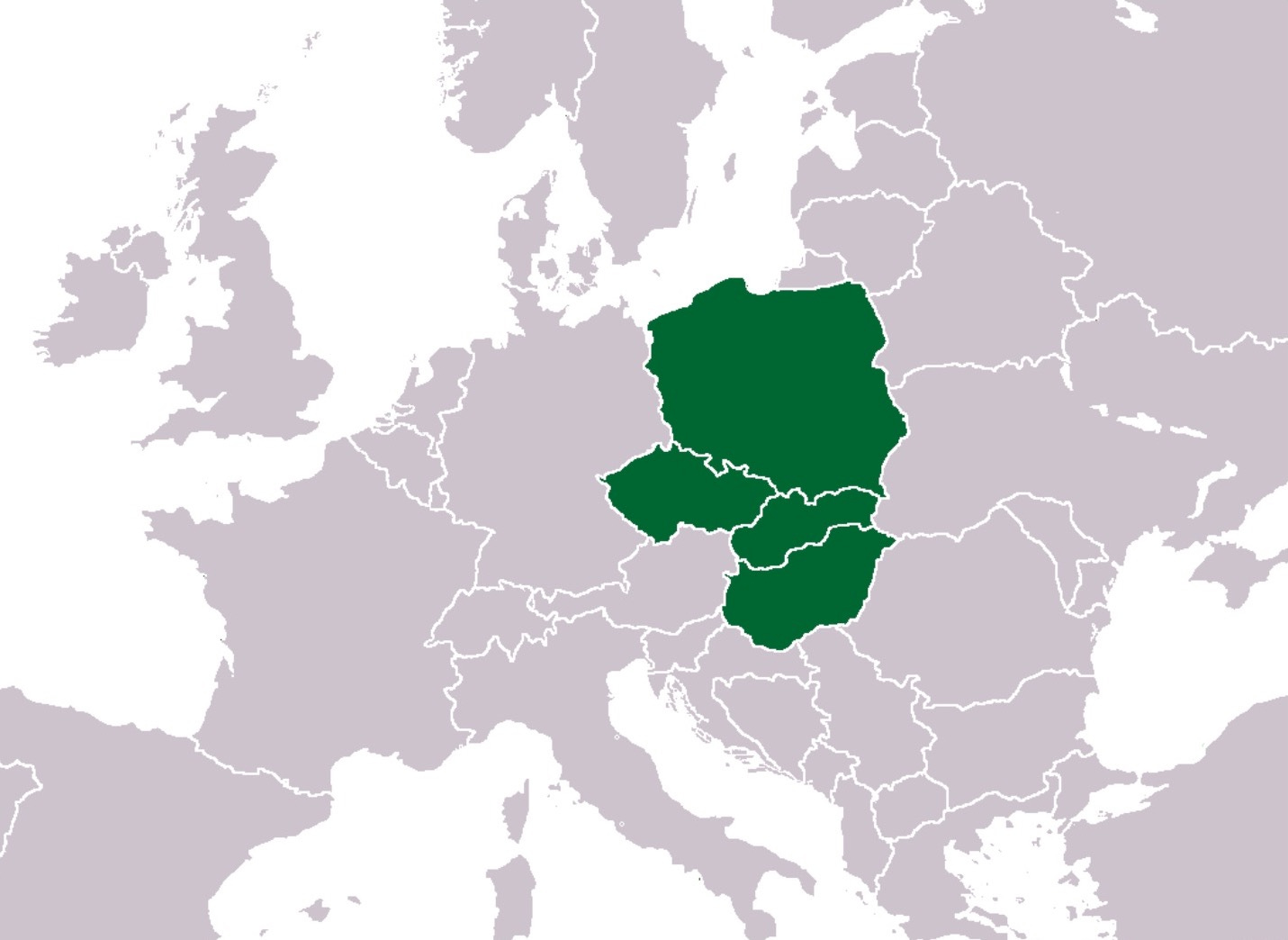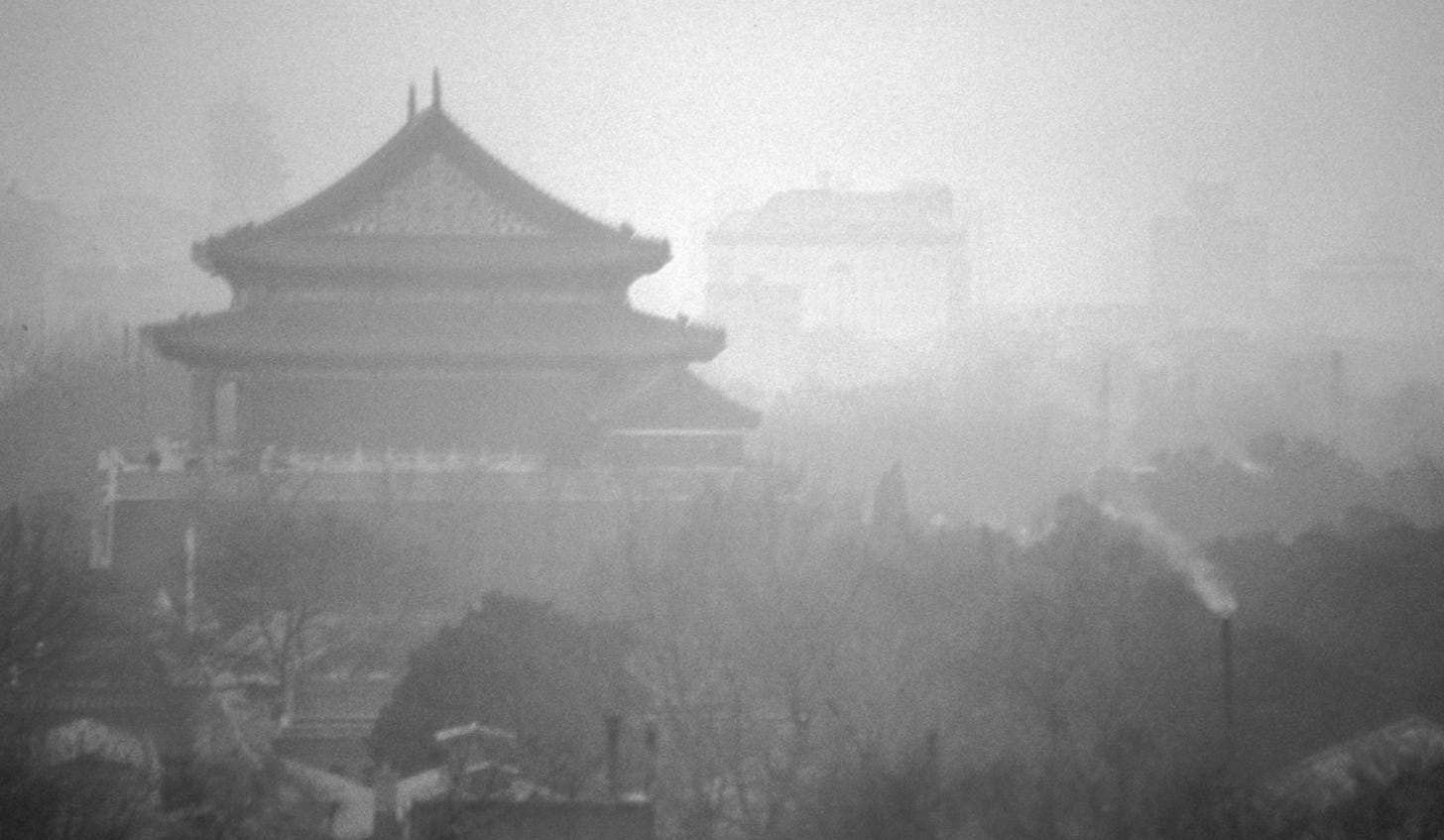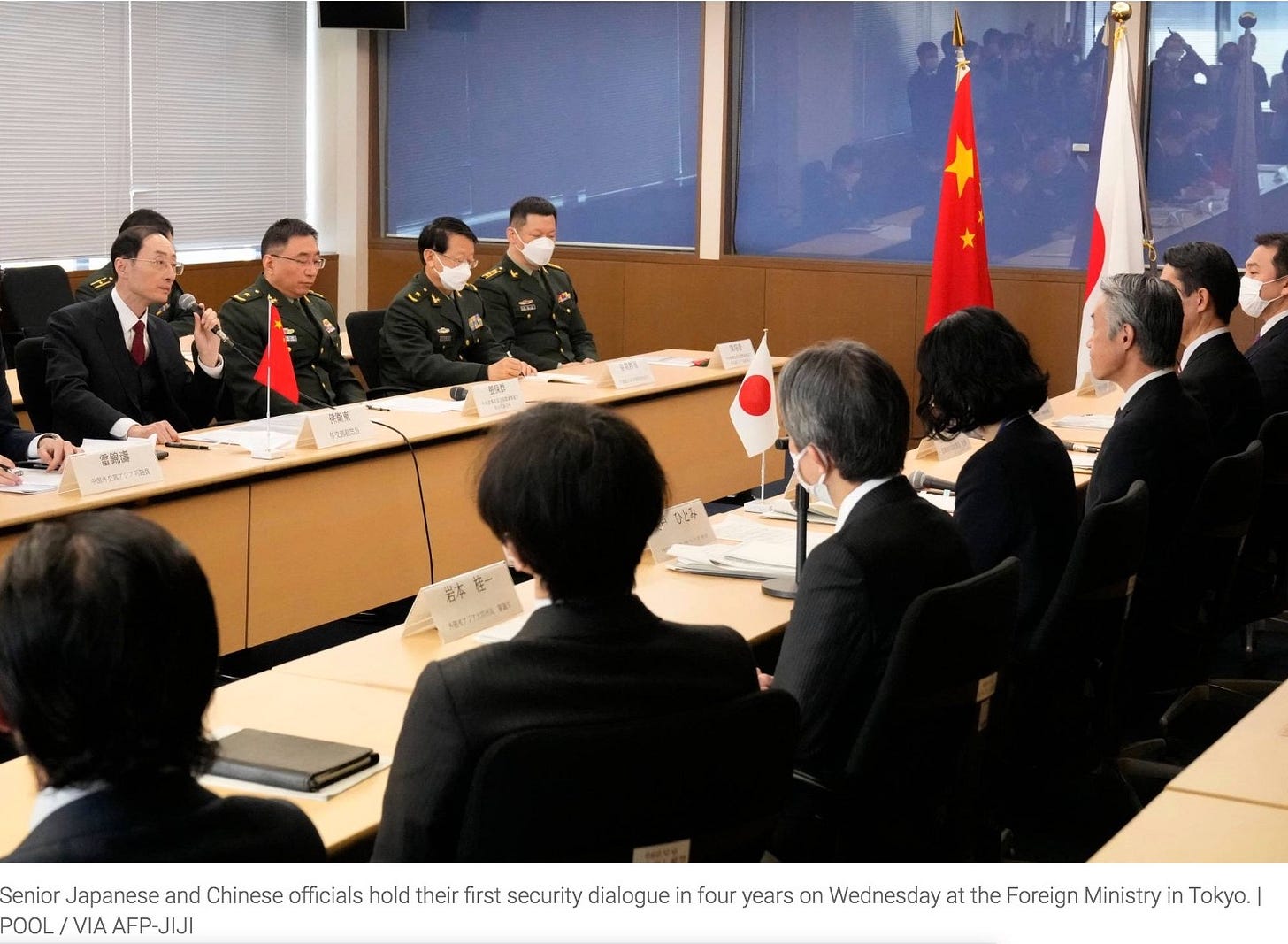Welcome. Let’s see what’s going on out there this week. Today is Saturday, February 25, 2023.
First let’s talk about Belarus. It claimed to welcome twelve million tourists in the year before Covid and three and a half in 2020. Maybe family visits from kin living in neighboring lands, but tourists? Millions? In Europe’s last dictatorship? You wouldn’t know it from walking the overwide streets of Minsk.
My wife and I took the bus in from Vilnius in 2011 (It’s only about 120 miles). Besides the monuments, the Communist Square, the Independence Square, the Freedom Square and so on, and Lee Harvey Oswald's former residence, the most obvious thing to see in Minsk that summer was the preparations for the 2014 ice hockey world championships. There was a new stadium. A whole vast athlete's complex was sprouting on the edge of town.
The headlines at the time read Former Leader Supports Moving Hockey Championships From Belarus. Sure, the former leader, Stanislav Shushkevich, had an agenda, having been barred from leaving the country, but you couldn’t blame him. Citizens of Belarus are veteran victims of fraudulent elections, and Belarus was a thuggish, gangsta land.
Here's a photo of a tabletop in a common room in the nicest hotel in the capital far as I know, the Crowne Plaza. If you enlarge it enough to be able to read it, it pretty much tells you all you need to know about what awaited you then on your visit to Minsk.
After the most recent elections in 2020 a series of regime threatening protests cropped up in Minsk. A quote from a protester at the time, quoted back then in the FT:
“First, I dress carefully, in case I end up spending a night or two in the detention centre. Second, I intensively water dozens of my plants. Third, we leave our cat enough food for a few days. (One of my friends says that her cat has become fat with all these Sunday rallies.) Fourth, we take passports and a bottle of water. It’s important, too, to clear the history of your mobile phone, as these are often checked in the detention centres.”
I don't know, this is just a drug store or something innocuous like that under that ghastly monument to the progress of the worker, or whatever that thing is. But it shows what the poor people of Belarus have to live with. That, and the massive, dehumanizing architecture in Minsk. Minsk was leveled in World War Two and rebuilt at the heyday of Stalinist architecture. Bad timing for Minsk.
Totalitarian planners always built meaningful, imposing eight-lane boulevards that ran ramrod-straight for miles. They commissioned monumental buildings, too far back from the road. And they did it all to make you know the power of the state, and to remind you that the Soviet government was very big and you were very, very small.
In Minsk every building is a monument, and there are monuments besides. Two were vast Communist spaces – the Soviet Square and the Victory Square. There was a government sports complex, a part of town that goes on for miles, topped off down at the end by the new hockey stadium.
The GUM department store, at the corner of Lenin and Nezavisimosti streets, was properly big and still broken down into discreet sections, almost individual kiosks, selling various products, just like the GUM in Moscow in the Soviet Union’s end days. It was wooden, with big wide staircases and women wearing banners. I don’t know what the banner thing was.
I committed the treasonous act of photographing the deli case in a Gastronom on Nezavisimosti Street. I was caught, and I would have to pay. I thought I could wear down the authorities, but it was hopeless. I was made to delete the two photos on the spot by an insistent pair of young deli employees.
At Hafez Assad’s Baath Party headquarters in Beirut long ago, I played the “I’m just a dumb tourist with a camera” routine long enough that the soldier tired of me and let me keep my photo.
I may have outlasted the Baath Party, but not the deli case duo in Minsk. I am sorry I do not have the two samizdat photos of Belarusian sausages I was hoping to circulate seditiously in the outside world.
•••••
But on to the country today. To the extent that Alexander Lukashenka CAN avoid joining Russia’s war I suspect that he will because if he joins, he will have thrown in his lot with Putin and irreparably torn himself from Europe for the rest of his regime. Which would then doom loop and leave him more and more dependent on Putin’s mercy and subject to losing what autonomy and independence he can retain.
Which may not be much. Last week an international consortium of journalists published an internal Russian document that outlines Russia’s ultimate plan to absorb Belarus.
The strategy document, never before made public, was obtained by an international consortium of journalists from Yahoo News, Delfi Estonia, the London-based Dossier Center, the Swedish newspaper Expressen, the Kyiv Independent, Germany’s Süddeutsche Zeitung, and the German radio networks Westdeutscher Rundfunk and Norddeutscher Rundfunk, the Polish investigative outlet Frontstory, the Belarusian Investigative Center and Central European news site VSquare.
Not exactly astonishing, but I thought it pretty explosive. Among many other things, the report “advocates the expansion of Russian military presence in Belarus and the introduction of a simplified procedure for issuing Russian passports to Belarusian citizens.”
There’s an unattributed quote that identifies how that works: “They hand out Russian passports to local people in order to extend their interests in the regions. When needed, they can use their compatriots' rights as a justification to intervene with force.” It also says that Russia plans to redirect Belarus’s cargo shipping from Baltic (presumably Klaipėda & Riga) ports to Russian ports. There’s more about passportization in last week’s discussion of Moldova.
Ahead of elections in 2020 Lukashenka rounded up opponents including a man who was handy with a camera named Sergei Tikanovsky, who became a sort of accidental presidential candidate. He once tried to set up a farm, became frustrated by the bureaucracy and, in his irritation, organized a protest YouTube channel. He drove around the country recording tales of bureaucrats being jackasses, drew a following, and declared himself a candidate for the 2020 election. He was arrested, tried and imprisoned and now serves 18 years in prison.
After his arrest his wife Svetlana stood for election in his stead and is widely reckoned to have won. Previously she had been an English teacher, having learned English while spending summers in Ireland as part of a program for children of Chernobyl. She rallied a coalition that held the largest rallies ever in Belarus, but official results gave her 10% of the vote to Lukashenka’s 80%. She was detained on election night, subsequently fled to Lithuania and has run a self-proclaimed government in exile since. Her husband remains jailed in Belarus.
There are estimates that “some 200,000 to 500,000 Belarusians were forced to flee the country due to political repression following the 2020 presidential election.” Shortly after Putin’s invasion of Ukraine Svetlana Tsikhanouskaya endorsed formation of a group of volunteer Belarusian soldiers to fight in Ukraine, presumably in waiting as a ready reserve for some future action against the Lukashenka regime.
Is her agitation from outside the country real? Effective? How much do people inside Belarus pay attention to or even know of Tsikhanouskaya? It is true there has been some internal sabotage of rail lines used to supply Russia’s war effort, but it’s not clear how directly Tsikhanouskaya’s movement has been involved.
A quote from an FT article on Tuesday:
“Oppression in Belarus is so great that even some nonpolitical Belarusians have joined the regiment (fighting in Ukraine). Zoltan said that even though he had not been targeted by the Belarusian state for political activity, he felt that the smallest slip could send him to jail. ‘The atmosphere is such that sooner or later you’ll be sentenced … for as long as they want,’ Zoltan said.”
So there’s at least some sentiment that once the war is over, since these fighters can’t go home from Ukraine, that they would then turn to freeing Balarus from Lukashenka. Tsikhanouskaya is an increasingly effective media figure and advocate for a free Belarus, but there are questions. Question one is, are Tsikhanouskaya’s clout, charisma and determination translatable into a real government in exile able to get things done when the time comes? Question two is, in light of the internal Russian report published this week, will Putin get to Minsk before she does?
•••••
Think tanks, newspapers and TV have all been busy this week considering Russia’s war on Ukraine one year on. Graham Allison has seen, done and studied everything in the American defense establishment since the 1960s. Here’s his report card from Harvard’s Belfer Center.
Email readers: If your email provider interrupts this post before the end you can click on "View entire message" to see the whole thing.
If you search Twitter for some combination of ‘Biden,’ ‘Kyiv’ (or Kiev), ‘visit’ and ‘stunt,’ you come up with an unsavory group of wild-eyed MAGA types who make really uncomfortable bedfellows. But I maintain the not-very-mainstream view that the president’s visit to Kyiv last week was kind of a stunt, a thumb in Putin’s eye to not such grand purpose, and a very dangerous one at that.
I understand and agree it’s important to proclaim support for freedom and maintain allied unity. But consider the beyond-perilous state the world would be in right now if something had gone wrong, even if, say, there had been a perfectly innocent train malfunction. The Western allies would be at daggers drawn with the Russians, allied leadership unclear, and utter catastrophe would loom.
Twenty-plus hours in a country at war was a long time to come away with a thumb in Putin’s eye, back slaps, warm feelings, reassurance given and walkabout photos taken. I believe reassurances could have been given, freedom proclaimed and allied unity maintained without that risk.
•••••
Nicola Sturgeon resigned last week. She said:
These jobs are hard and in the case of the first minister, relentlessly sought.
True enough.
Sturgeon is 52, she’s tired, she’s admitting it and that’s bracing. Compare and contrast where you will with leaders around the world.
After eight and a half years of single-minded effort, she didn’t achieve her goal of Scottish independence. When 55 percent voted against Scottish independence in Indyref 1, which propelled her to leadership, the Scottish people clearly weren’t there yet.
Still she persisted. She set a new referendum date for October 19th, which was rejected by the British courts. So she meant to cast the next parliamentary elections as a referendum on independence by another name.
It would appear she feels that the ultimately, Scottish people aren’t there with that, either, so whether to fight on or step aside became the next question. If you’re 52, there aren’t a lot of politicians who would choose to stand aside, but if her goal is independence and she feels she can’t achieve it, then stepping aside is to her credit.
She called herself “long enough in the tooth” in her resignation speech. (chuckle) Don’t try this in America. Think of those you might nominate as long in the tooth who are twenty, twenty-five years her senior.
The fight is on to succeed her. In her considerable absence Scottish National Party voters will flirt with Labour, Lib Dems, Greens. Surely SNP dominance will recede, perhaps for years and years.
I heard somebody call Sturgeon ‘sealant,’ in that she sealed the bottom of support for Scottish independence in the solid 40s percent, and it will never go lower. She will have wanted to be remembered as more than sealant.
••••
Who were all those people we didn’t recognize huddling with President Biden on Wednesday in Warsaw? They were the Bucharest Nine, not a horn band, but one of a proliferation of ad hoc late and post-Soviet groupings vying for relevance what with the fighting, comprised of frontline eastern states from the Baltic to the Black Sea. That’s understandable enough, because they are the most immediately concerned with Russian aggression. (Note that Hungary’s Viktor Orbán shunned that meeting.)
The Bucharest Nine is a group created in response to Putin’s 2014 defilement of Crimea and eastern Ukraine. Looks like one thing it’s effective at is, it’s good at summits. It has had seven since 2014 including this week’s in Warsaw. Besides presenting itself as the “voice of the eastern flank” of NATO, it hasn’t many accomplishments to tout beyond “deepening the dialogue and consultation” among allies. In Wednesday’s joint declaration the attendees agreed they would support each other and that Ukraine’s future lies in Europe. It’s a talking shop.
Similarly there’s the Visegrád Group, established at the fall of the Soviet Union. Today it seems to give foreign ministers a place to go and make pronouncements and a forum in which the governments can declare policies they might not want to proclaim alone.
Does it have prospects to be meaningfully restored to relevance? The Visegrád Group of four (originally three, Hungary, Czechoslovakia and Poland before Czechoslovakia broke into two countries) was founded by Wałęsa, Havel and Hungarian Prime Minister Antall in 1991, when freedom from communism was an aspiration fragile and new. Mostly it has grown up to be another talking shop.
That it contains a covert Putin ally in Hungary’s Viktor Orbán, who is slow-walking the Swedish/Finnish NATO bid alongside the Turkish president does not bode well for its immediate relevance. Further, if not for this war, the current PiS government in Poland would be merrily heading off in Orbán’s direction.
For now Visegrád, like the Bucharest group, looks destined to concentrate on small bore stuff like opposing trucker reform. Mostly another talking shop. All of which illuminates a brutal truth: the big decisions are still ultimately made well west of the front lines.
•••••
Most of the world is unaware, and happily so, that Nikki Haley, a former South Carolina governor, is running for the Republican presidential nomination. Ms. Haley will never ask my advice, but I recommend that whoever suggested she advocate a mental competency test for older people should be hustled out the door and she should drop that idea as quickly and quietly as she can wish it away.
She, and all the other candidates, needs those folks. In 2020:
“Voter turnout was highest among those ages 65 to 74 at 76.0%, while the percentage was lowest among those ages 18 to 24 at 51.4%.”
•••••
US China relations grow ever more acrimonious.
Word circulated around Putin’s Tuesday speech of a possible Putin/Xi summit “in the coming months.” With Blinken using last weekend’s Munich Security Conference to accuse Beijing of supplying “lethal aid” - clarified more bluntly as “weapons” to CBS News’s Margaret Brennan (and Chinese diplomat Wang Yi scoffing and firing right back about US meddling in China’s affairs), we have to ask what interest the Chinese would have in arming Moscow.
To prolong the war. Most argue China wants the war over, it’s hurting China’s economy and Beijing needs a return to normalcy after a long and debilitating Covid ordeal. But prolonging the war, whether that’s buying time to prepare for a Taiwan assault or just to cost American treasure, keeps the US distracted from its slow-moving ‘pivot to Asia,’ the project of reorienting toward the Pacific. In the same way but backwards, prolonging the war by supplying weapons keeps Russia preoccupied and distracted from any designs it might have on the Central Asian lands between Russia and China. It keeps Russia sending cheap oil to China and makes it more indebted to the Chinese regime for buying it in the first place. Finally, though there seems to be little prospect of it for now, China always shares Russia’s hopes of opening up divisions between the US and its various European allies.
Meanwhile Japan hosted the first formal security talks in four years with Chinese officials on Wednesday to try to settle their relationship. Japan, too, is concerned about China’s perceived tilt toward the Russians, saying as much in the meeting.
This pool photo is the only one I saw in all the stories about the meeting. I picture the press poll as one guy with a Nikon.
Politician’s line of the week:

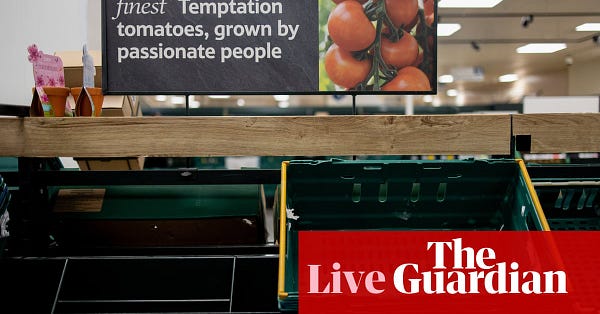
•••••
Last thing: Spain spent €258 million on trains that are too big to fit in its rail network’s tunnels. They fired a couple of people and a couple more resigned.


That’s it for today. Monday, please read my monthly column at the world’s smartest website, 3 Quarks Daily. In Tuesday’s travel column we’ll head to Zambia to recount the harrowing true story of a local community terrorized by a man-eating lion.
Thanks for reading. While you’re here, why not sign up for a subscription? Prices start at the very attractive rate of free. Good weekend.


